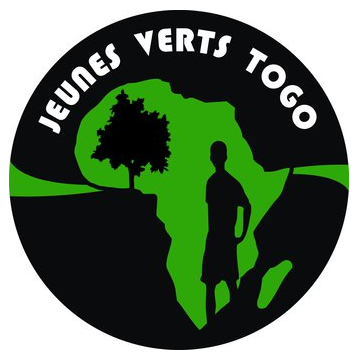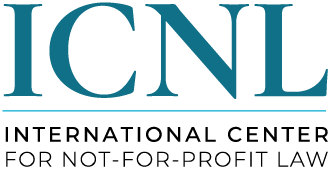Crisis Action's Sahel Campaign

“In the Sahel, civil society is on the frontline of the crisis and has a unique expertise that too few decision makers take into account. By helping to create the People’s Coalition for the Sahel, Crisis Action has elevated West African voices to new audiences globally.”
—Niagale Bagayoko, Chair, African Security Sector Network.
A decade of conflict in the Central Sahel border region between Niger, Mali and Burkina Faso in West Africa has made the region the epicentre of one of the world’s fastest-growing crises.
Hundreds of thousands have fled their homes, over 15 million people need humanitarian assistance, millions are going hungry, and the number of schools closed by violence has tripled since the start of 2019. Sahelian security forces, supported by thousands of foreign troops, have used military force to try and drive so-called jihadist armed groups from the region. But this military-first strategy is failing: attacks on civilians are increasing, little has been done to address the humanitarian and governance problems underlying the crisis, and the culture of impunity for attacks on civilians is driving a driving a deadly cycle of violence and extremism.
In March 2020, Crisis Action launched a campaign in the Sahel, targeted at encouraging all governments active in the region away from a primarily militaristic response to the crisis and towards a more holistic, people-centered political response that addresses the root causes of violence and puts the protection of civilians at its heart.
Working towards this, Crisis Action has:
- Brought together a diverse coalition of more than 60 African and international partners calling for a radical reorientation from the current military-first approach, and facilitated briefings by the coalition with policymakers from the US, UK, EU, UN, AU, and Sahelian governments, which helped generate widespread recognition that the current response isn’t working, and growing commitments by regional and international policymakers to adopt a new, people-centred approach. The ‘People’s Coalition for the Sahel’ was officially launched during an online event broadcast live by Crisis Action partner FIDH and viewed by thousands of people around the world, including policymakers and dozens of local and international media outlets, including Le Monde, RFI, Jeune Afrique, the BBC and VOA.
- Worked with the People’s Coalition to set out the ‘People’s Pillars’, which defined four priorities – protection, political strategy, aid and justice – that should be part of governments’ response to the crisis. The Coalition continues to monitor governments’ performance on each of the pillars, showing policymakers that local communities are determined to hold them to account.
- Worked with the Coalition to produce a landmark report, ‘The Sahel: What needs to change’, which outlined concrete steps towards a more holistic people-centered response that addresses the root causes of the violence. Launched in April 2021 in a virtual event attended by over 300 people including policymakers from the Sahel, EU, African Union, UN, US, Canada and Japan, the report’s key messages reached millions through our international media outreach (including global titles like Le Monde and France 24).
- Pushed for implementation of the report’s recommendations through a series of tailored briefings for over 40 policymakers, and organised workshops with partners from Mali, Burkina Faso and Niger to co-create strategies for continuing government engagement across the region. The recommendations were affirmed by key policymakers—including senior officials from the AU, France, United Kingdom, and Norway.
- After years focusing primarily on counter-terror, Sahelian governments and their international partners have committed to a “civilian and political surge” to address governance issues and accountability, in line with the People’s Coalition recommendations. French, British, EU and UN officials have affirmed how instrumental civil society’s efforts have been in driving this shift. In the words of the UK’s Sahel envoy: the People’s Coalition “created the atmosphere for these political changes to occur”.
Yet this new consensus for a revised approach has yet to translate into more safety for civilians in the Sahel. Furthermore, it is at risk of unravelling amidst concerning setbacks: military coups in Mali, Chad, Burkina Faso; increasing attacks by jihadist groups; proliferation of self-defence groups and the use of private military contractors who have been accused by human rights groups of atrocities. More than ever, civil society pressure is needed to turn the rhetoric of a “civilian surge” into tangible policy changes to save civilian lives and improve governance, dialogue, the humanitarian response and accountability for attacks on civilians. The People’s Coalition for the Sahel and its more than 50 members will continue to hold governments to account in the urgent search for protection and peace for the people of the Sahel.
How can we help?
Or you want to explore the collaboration opportunities?



